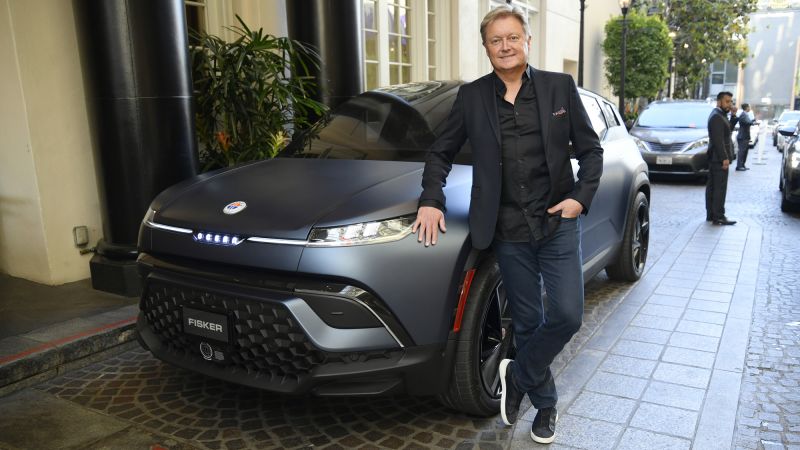On Tuesday, news broke that US electric vehicle startup Fisker had filed for bankruptcy. This comes after the company had warned of financial troubles earlier this year, citing challenges in the electric vehicle market. The company’s sole product, the Fisker Ocean electric SUV, had faced criticism for quality issues, with a review by YouTuber Marques Brownlee causing a dip in the company’s stock. Fisker’s founder and CEO Henrik Fisker admitted to quality problems with the Ocean, blaming software issues that are being addressed. Competition in the electric vehicle market has intensified, with major automakers like Hyundai, Kia, Ford, and General Motors offering similar electric SUVs, posing a challenge to startups like Fisker.
Fisker’s bankruptcy filing is reflective of the broader challenges facing the electric vehicle industry, with slower growth in global EV sales compared to previous years. Despite forecasts predicting a 21% increase in sales this year, it is a smaller rise than the 35% seen in 2023. In the US and Europe, barriers to faster adoption of electric cars include higher prices compared to conventional vehicles and a lack of public charging infrastructure.
Fisker filed for bankruptcy under Chapter 11, aiming to reorganize and resolve its financial issues. The company is currently in discussions with financial stakeholders regarding the sale of its assets. Previous rescue talks with a major automaker had fallen through without a deal, leaving Fisker in a precarious position. The bankruptcy of Fisker serves as a reminder of the challenges in the evolving electric vehicle industry.












